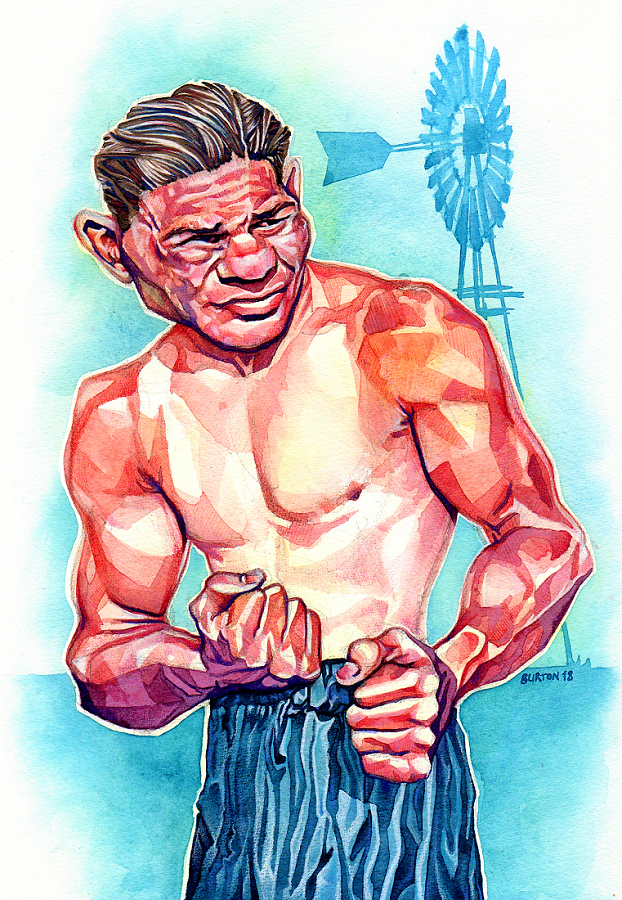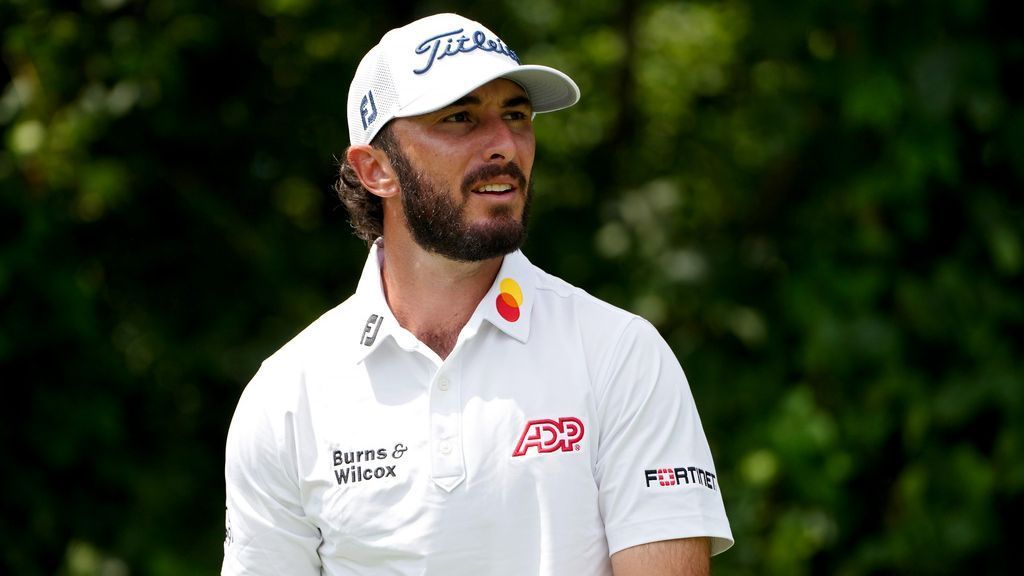It’s now a really uncommon factor for boxing followers to get genuinely excited concerning the undercard for a serious battle. The preliminaries for giant showdowns are sometimes workouts in tedium as followers undergo by a collection of largely pointless bouts, the matches invariably providing both restricted expertise or minimal pleasure, or each.
However that was not the case in 1920 in Benton Harbor, Michigan when three of the best to ever lace up the gloves stepped into the ring, one after the opposite. In actual fact, when it comes to an assemblage of legendary ring expertise, it stays maybe the perfect battle card ever staged. Nobody on the time might have totally appreciated how particular the occasion was, however that’s utterly comprehensible. By way of elite, Corridor of Fame pugilists, battle followers within the 1920’s had been spoiled rotten.

First up, the immortal Sam Langford, with out query one of many best boxers of all-time, pound-for-pound, and arguably the perfect to by no means win a world title. For the followers at Benton Harbor, Langford took on Massive Invoice Tate in a hard-fought six rounder. In 1920, and for greater than a decade after, “The Colour Line” as they preferred to name it (the phrase having a nicer ring to it than “The Bigotry Line” or “The KKK Line”), was intently noticed because of the trauma Jack Johnson‘s championship reign had inflicted on white America. White and black heavyweights hardly ever confronted each other because of this; it was simply too rattling tense for everybody.
Langford and Tate had been, like Harry Wills, Joe Jeannette, Jeff Clark and Sam McVea, in a gaggle of extremely proficient black heavyweights who by no means acquired the alternatives they well-deserved and as a substitute had been pressured to repeatedly battle each other, a form of Negro League of boxing, if you’ll. Tate was an enormous heavyweight for that point, over six-and-a-half ft tall and weighing greater than 220 kilos. He was additionally one among Jack Dempsey’s most popular sparring companions.

Tate and Langford finally fought ten occasions and this was their sixth assembly. Langford ended up successful the collection with 5 victories in opposition to 4 losses and a draw, however the reality Langford gained any of their contests is obvious testomony to “The Boston Terror’s” ring genius as he gave away enormous benefits to Tate in top, attain and weight. On this event, the six spherical newspaper resolution went to Tate “by a shade,” in keeping with each the Bismarck and Chicago Tribunes.
Subsequent up, the good Harry Greb, with little doubt the perfect middleweight ever and one of many ten greatest boxers of all-time, pound-for-pound. His opponent, Chuck Wiggins, in any other case generally known as “The Hoosier Playboy,” was no pushover both. Wiggins proved a sturdy heavyweight, giving greats Tommy Loughran and Gene Tunney robust battles earlier than he was by. He confronted “The Smoke Metropolis Wildcat” not less than eight occasions and whereas Wiggins by no means got here near defeating the good Greb, he did give him greater than a little bit of hassle on just a few events and this was one among them.

For this assembly, Wiggins examined a brand new technique for going through the human thresher machine that was Greb: recklessly leaping at his opponent and throwing wild punches in an effort to forestall Greb from imposing his trademark swirling, swarming model. It troubled Harry for about three rounds earlier than he began timing his bigger opponent and discovering openings to assault. The final a number of rounds belonged to “The Pittsburgh Windmill” and the smaller man as soon as once more proved superior. As everyone knows, Greb would set up himself as one of many best of all time earlier than his premature dying in 1926. Much less well-known is the very fact “The Hoosier Playboy” fought for one more decade earlier than embarking on a protracted profession of thrilling bouts with the Indianapolis police.
Lastly, the primary occasion: Jack Dempsey defending, for the primary time, the heavyweight title he had taken from Jess Willard over a 12 months earlier than. His opponent was Billy Miske and the battle was nothing distinctive, although the story behind it’s. “The Manassa Mauler” knocked “The St. Paul Thunderbolt” down 3 times, the final for the rely within the third spherical. These had been the primary knockdowns of Miske’s profession however his sudden vulnerability was due not solely to Dempsey’s thunderous energy.

Miske’s horrible secret was he was slowly dying of kidney failure, however he needed to maintain preventing to repay his money owed and help his household. He had been identified two years earlier, and whereas there have been rumors concerning his declining well being, the unhappy fact wouldn’t totally emerge till after Miske’s dying. Extremely, Miske would have one other 23 matches after this loss, successful all however two, earlier than he lastly succumbed on New 12 months’s Day, 1924. “Billy Miske and Benton Harbor,” Dempsey would later say. “Nicely, I want it by no means occurred.”

That Labor Day card was the primary of many profitable massive occasions engineered by the workforce of Dempsey, his supervisor Jack Kearns, and genius promoter Tex Rickard. Collectively, over the subsequent a number of years, they made boatloads of cash. However some of the intriguing sides of this occasion was the way it renewed speak of a Dempsey vs Greb confrontation, a dream battle if there ever was one, and a conflict that possible would have been simply as enormous as the next 12 months’s Dempsey vs Carpentier battle, the primary ever million-dollar gate.

And but the bout by no means got here off. Nobody will ever know for sure why this dream battle by no means occurred, however a reality that may’t be missed is that just a few days previous to the Benton Harbor card, in a bid to additional drum up curiosity, Greb and Dempsey sparred a number of rounds for the general public. As no much less an authority than The New York Instances reported: “Dempsey might do however little with the speedy mild heavyweight, whereas Greb appeared to have the ability to hit Dempsey nearly at will.”

And but, who is aware of, it’s simply as possible that, given the prospect, Sam Langford would have whipped them each. (In actual fact, Dempsey is on document as stating that Langford “in all probability would have knocked me out.”) Or Dempsey might need confirmed an excessive amount of for Langford. Or Greb would have overwhelmed the opposite two — we are able to solely speculate. Three all-time greats and a trio of fantastic matches that, sadly, by no means occurred. The subsequent neatest thing happened over a century in the past when all three ring legends competed on the identical September afternoon. — Michael Carbert



















